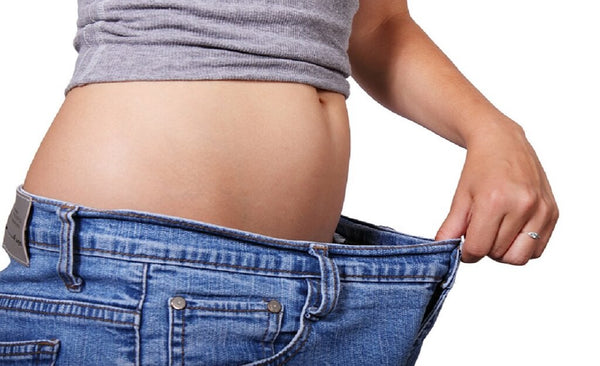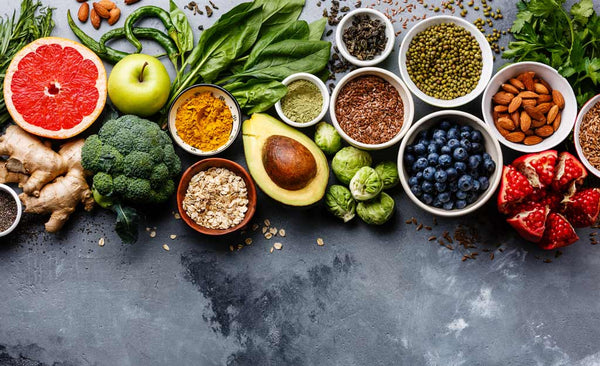Alcohol: How It Affects Your Health & Well-Being
Casual or social drinking in moderation isn’t bad; however, if you have menopausal symptoms or symptoms of oestrogen dominance, then alcohol could be contributing to your condition.
How the body metabolises alcohol
Alcohol dehydrogenase (ADH) is the enzyme which starts the breakdown process of alcohol. It breaks apart in the mouth and stomach, then travels through the capillaries in your liver.
The liver then breaks down alcohol into a more toxic substance called acetaldehyde, which is a smaller molecule that the liver can better process. Aldehyde dehydrogenase (ALDH) breaks down the acetaldehyde further into acetate and then again into harmless water and carbon dioxide.
Cytochrome P450 enzymes of the liver also break down alcohol in a different way. This mechanism is more active in people who drink on a regular basis and means that the cells are adapting to the breaking down of alcohol because of high intake.
There are other mechanisms which occur whereby acetaldehyde can also combine with our neurotransmitters (brain chemicals), creating tetrahydroisoquinoline or THIQ for short. Extensive research suggests that THIQ could be one way of developing an addiction to alcohol.
How alcohol affects fat loss
Alcohol is one of the worst culprits when it comes to inhibiting weight loss. Alcohol disrupts the delicate balance of nutrition, fluids and hormones needed to lose fat. Research published in the American Journal of Clinical Nutrition reports that fat metabolism can be reduced by as much as 73% after only two drinks of vodka and lemonade within a one-hour period.
Essentially we don't metabolise sugars and fats in the same way while drinking. The food we have in our stomach preferentially goes to fat storage because alcohol is first used for energy. Additionally, drinking often encourages more indulgent eating – that’s not to mention many alcoholic drinks are also very high in sugar (cocktails, liquors, craft beers, etc). Pure alcohol alone has 7 calories per gram and because everything else in our body takes a backseat when we drink, we enter fat storage mode which can last for up to 24 hours or more.
There are a few more reasons why alcohol affects our ability to burn fat:
- The liver plays a key role in fat burn. It is where we break down fatty acids to be processed for energy. Unfortunately when we drink alcohol, we become dehydrated and our kidney function is impaired. This means that the liver needs to jump in for support, leaving it unable to retain the same potential for fat burn.
- The depressant effects of alcohol come from the neurotransmitter GABA. When we drink, we use up more GABA before we head to bed. Consequently, we have less while actually sleeping, causing a disruption in deep REM sleep. Human growth hormone, testosterone and oestrogen are also affected, which blunts our fat burn and reduces muscle quality.
- Excessive alcohol consumption depletes the liver's stores of glutathione, a potent antioxidant that helps neutralize the toxic effects of alcohol. When our glutathione stores run out, this is when we feel hungover. It is also part of the reason why we make poor food choices which leads to weight gain.
- Alcohol is nutritionally dead and uses a wealth of our nutrients to break down and excrete it. It also irritates our gastrointestinal tract, causes inflammation, and impairs our body's ability to absorb nutrients, vitamins and minerals. Furthermore, alcohol creates extensive oxidative damage to our cells.
Liver Support
There are many natural medicines which can assist the liver to function optimally. Herbal medicines such as Milk Thistle, Dandelion, and Artichoke are well known to assist the liver. Happy Liver is a good supplement to consider.
Summary: Moderation is key
All that being said, very few of us can totally avoid that bottle of beer or glass of wine during social gatherings and celebrations. My advice is to embrace it when you must and enjoy the moment. However, if you are finding that your symptoms are worse following consumption then you should give it a miss until your system balances.
The key is to drink moderately and not fall into the habit of needing an alcohol fix each night. I recommend you opt for a very low-sugar alcoholic beverage without food or with a wholesome low-calorie meal (veggies and white fish) if you must drink more regularly.






















